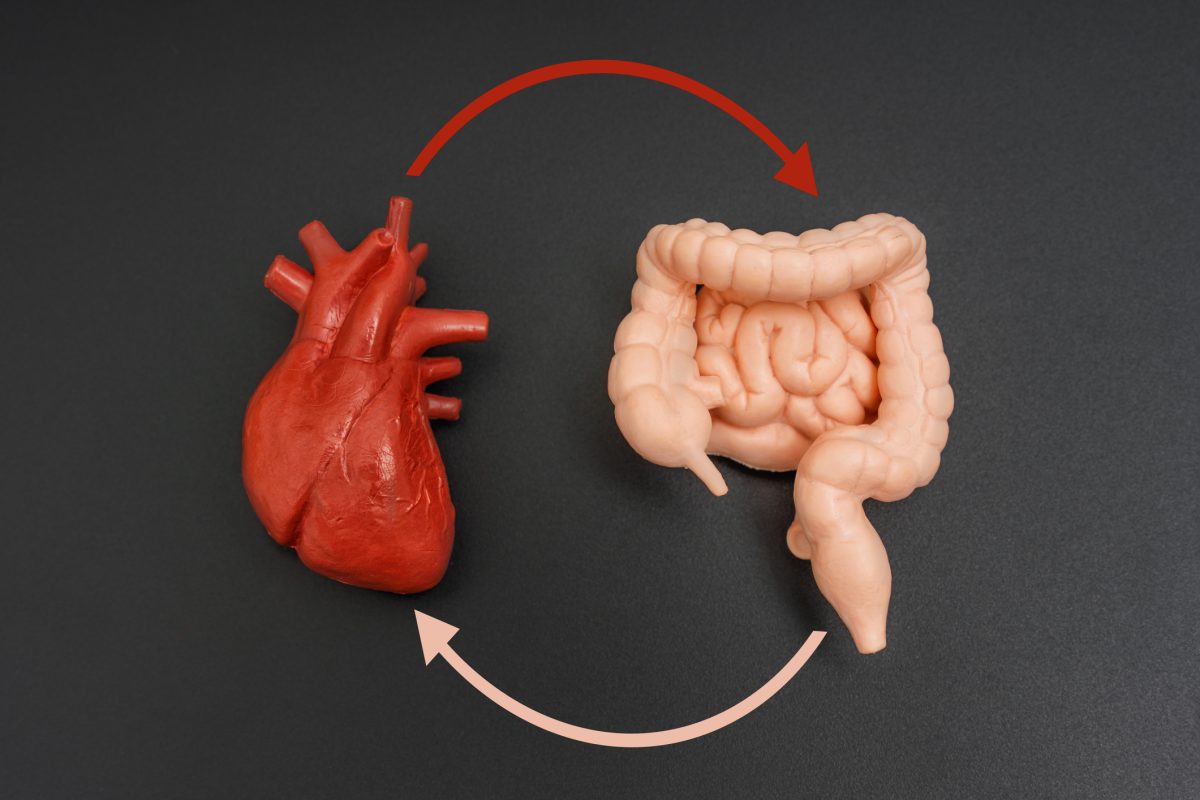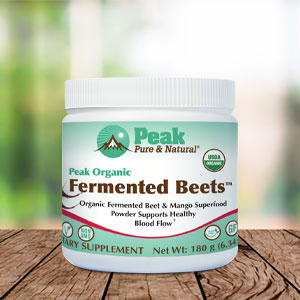The human body holds about 60,000 miles of blood vessels that, from the moment we’re born to the moment we take our last breath, work 24/7, supplying blood to every cell.
With age, our blood vessels begin to stiffen. This hinders circulation throughout the body and increases blood pressure, which can lead to a heart attack and stroke.
Most often, atherosclerosis is to blame. Plaque builds up in the arteries, causing them to stiffen or harden, hence its other name — hardening of the arteries — and heart disease can be just around the corner.
Research into heart disease suggests that adopting a heart-healthy lifestyle (the familiar mantra) is our best hope for keeping it at bay or at least mitigating the damage.
However, there is now evidence that intestinal bacteria and their metabolites (byproducts of metabolism) can accelerate the aging of our blood vessels and trigger cardiovascular disease.
The gut’s influence on blood vessel aging
Scientists have discovered a fascinating connection between gut health and blood vessel function.
You may have heard of the gut-brain axis, a bidirectional communication network that sends messages between the brain and the gut, influencing the nervous, endocrine, and immune systems.
Now researchers are exploring its impact on our heart and blood vessels too…
A team led by Soheil Saeedi at the University of Zurich studied over 7,000 healthy individuals aged 18 to 95, as well as older mice, to investigate how gut bacteria change with age and how this might impact our cardiovascular health.
They found that a substance called phenylacetic acid, derived from the common amino acid phenylalanine, accumulates as we age. This buildup can lead to problems in the cells lining our blood vessels. Essentially, these cells begin to age and function less effectively, causing the blood vessels to stiffen, which can ultimately lead to heart issues.
The researchers identified a specific type of bacteria, Clostridium sp.ASF356, which aids in the production of this phenylacetic acid. When they introduced this bacteria to young mice, they noticed higher levels of phenylacetic acid and signs of aging in their blood vessels. However, when they used antibiotics to eliminate the bacteria, the levels of the acid decreased.
The team also found that healthy gut bacteria can produce beneficial compounds for our blood vessels, such as short-chain fatty acids from dietary fiber. These compounds appear to help maintain the youthful state of our blood vessels. They even saw that adding sodium acetate, a type of short-chain fatty acid, helped improve the function of older blood vessel cells.
A blood vessel’s ‘fountain of youth’
In simple terms, the health of our cardiovascular system can be influenced by the microbes in our gut. The researchers are now investigating which types of diets can positively impact this relationship.
So far, they’ve found that eating more fiber and foods rich in antioxidants can help maintain the health of our blood vessels, almost like a “fountain of youth.” Food that fits the bill includes:
- Tomatoes
- Olive oil
- Legumes
- Whole grains
- Green leafy vegetables such as spinach, kale and collard greens
- Fruits such as strawberries, blueberries, cherries and oranges
- Nuts like almonds and walnuts
- Fatty fish, including salmon, mackerel, tuna and sardines
On the other hand, they suggest limiting foods high in phenylalanine, such as red meat and certain dairy products, to help slow down vascular aging.
They’re also experimenting with ways to lower phenylacetic acid levels, including the use of genetically modified bacteria, which show promise in their early tests.
Sources:
Intestinal bacteria influence aging of blood vessels — EurekAlert!
Gut microbiota-dependent increase in phenylacetic acid induces endothelial cell senescence during aging — Nature Aging
Read full article here




